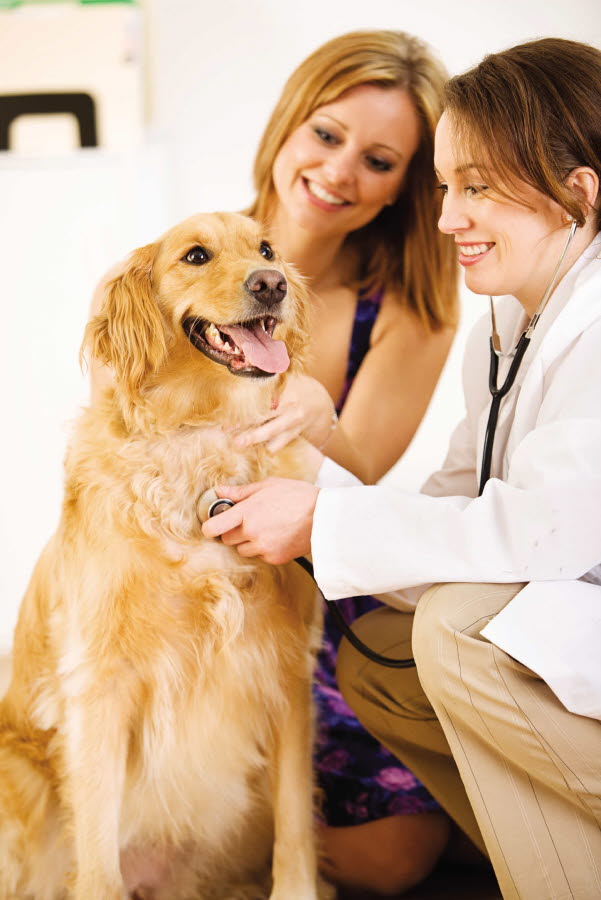
In our new column ‘Introducing…’ we speak to a different veterinarian each month, to spotlight the unique and passionate individuals that make up our diverse profession. This month we caught up with Susan Bibby, veterinarian and clinic manager at Myvet Strathfieldsaye in Bendigo, Victoria. Susan started her career as a poultry vet, which she cites as instrumental in her subsequent success as the owner of a mixed animal practice.
We asked Susan to tell us a bit about her background.
I graduated in 2000, and at that time the Department of Agriculture had recreated the concept of ‘the cadetship.’ It meant that students would be paid to study, with the understanding that they’d go on to work for the Department. I won one of these and found myself as a government vet once I’d graduated. The program was fantastic as it supported me through vet school.
And from there how did you get into chickens and what was the appeal?
There was a fair bit of disruption while I was there at the Department, labs closing down, reduced opportunities, and I didn’t see this as a long-term future for me. I was approached to join a private poultry consultancy. Jobs like that were as rare as hen’s teeth. It turned out to be a fantastic career move. I think I’ve worked with every type of production bird, and after a few years I applied to a primary breeding company in Scotland.
This is where the genetic selection program for meat chickens worldwide is taking place and was the experience of a lifetime. It gave me access to amazing scientists, and leading genomics technology. Before genomics we could only use phenotypic measures to assess which chicken would have the better genes – two chickens could have the same phenotype but one would have a superior gene – for example for an important welfare trait such as disease resistance, and we’d never know. Genomics changed all that, and now we can zero in on the ‘snp’ (single nucleotide polymorphism) that we want. This was the best job I’ve had.
Why then change?
I moved back to Australia and had a disagreement with an employer; it was technical, professional, and ethical. I had a bit of a midlife crisis, which I’m now happy to discuss. But I went through a tough time. I thought I’d never work in poultry again, and for someone dedicated to building a career, and really enjoying the work, this was devastating.
But over time I realised it wasn’t the end, I still do poultry work today, and really enjoy it. But I had to do something else to make ends meet, and fortunately I was approached by friends with a vet laboratory who wanted to start a mixed animal clinic. They asked if I’d like to get involved.
What was the learning from this disruption to your career?
You’ll always learn from something that goes wrong. And I learnt that while it might seem like the end of the road, it’s not. It never is. As veterinarians we have amazing skills in all sorts of areas that we can use in all sorts of ways.
How did you apply this experience in your new role?
In being part of large organisations as a poultry vet, I learned how work with other people. Applying this to practice, probably the most important lesson was to surround myself with great people. You can’t run a business well by yourself, there are so many areas of expertise required, which means the team will always win. Some of the key people for me are my bookkeeper, accountant and mentors – other veterinarians with way more experience than I had.
What do you think is the greatest issue facing veterinarians?
It’s people management; both how we recruit and how we manage our teams going forward. New grads have different expectations, they work to live, not the reverse. And that is ok. This is a challenge for our industry, but I prefer to think about embracing that as an opportunity to change the way we manage our people to build healthy businesses and healthy staff.
This article originally appeared in the October 2018 issue of the Australian Veterinary Journal (AVJ).
